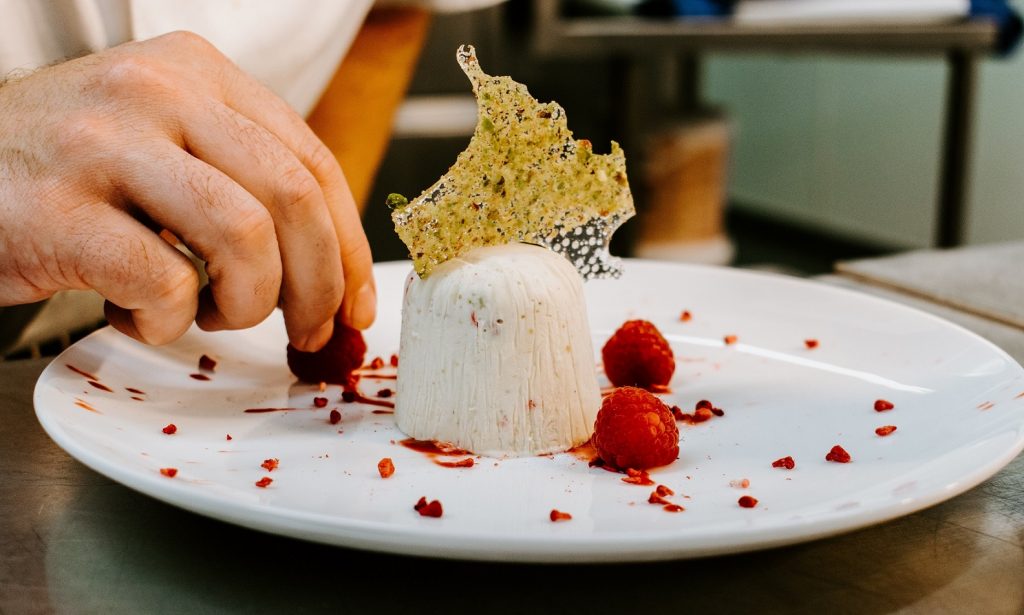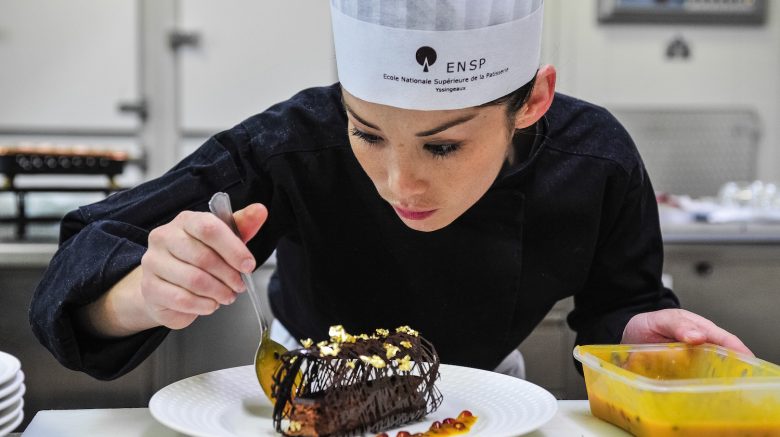Students enter the culinary educational institution in the hope of experience and skills/knowledge of what they will master. Upon graduation, they find out how ready they are for their culinary careers. Similarly, employers expect students to enter the workplace with certain skills and abilities. Using a survey methodology, this exploratory culinary study examines the perceptions and expectations of students, graduates, and those in the industry in which they work. Students entering the field of culinary education have perceptions and expectations of what needs to be taught to be successful and to what extent meet the needs of culinary schools. Graduates who work may have different perceptions of the educational value provided by the school education process. At the same time, the industry is constantly evaluating the performance of graduates and making perceptions about how well the education system prepares students for their positions.
Historically, culinary arts were transferred from one generation to the next, in the simplest form, from parents to children, and from master chefs to trainees in the case of professional cooking, often in formalized union systems. As food and hotel management developed in the industrial world in the 19th century, the development of formal and legal institutions to teach cooking crafts took place. The development of these institutions creates the need to validate these institutions and develop appropriate curricula to ensure student success and meet the needs of the industry. Curriculum development and evaluation is a dynamic process, and institutions must ensure that currencies are always met to ensure credibility. The culinary education curriculum is based on the vocational education movement of the late 19th and early 20th century and has traditionally focused on student achievement in basic technical culinary competencies. The traditional distinction between liberal and vocational education should be irrelevant, as we are forced to recreate citizens rather than consumers. For this reason, a more holistic approach is considered more appropriate in today’s business environment. In addition to hospitality / culinary skills and training, employees need specific life skills to survive or thrive in an increasingly complex environment.

Today’s culinary students often develop perceptions from the media about culinary careers. The increasing number of food-related programs on TV and the Internet has helped popularize the culinary profession and raise awareness of enjoying food. There is a conflict between reality and hope, as they expect immediate results and success and strive to adapt to the work environment with a long tradition of authoritarianism. The rise of the chief to elevated status is an ongoing event. It was not until 1971 that the job classification status of clinicians in the United States changed from local to professional. These changes are the first of many changes that have led to an increase in awareness of the greatness and viability of the profession, as well as increased demand for skilled professionals in the hotel and restaurant industry. Rapid changes in food technology, food science, agricultural methods, and changes in training needs have led institutions to examine the programs and courses offered. It is not uncommon for politicians and industry to complain about the lack of skills of graduates.
For more interesting information, you can go and check their website!

